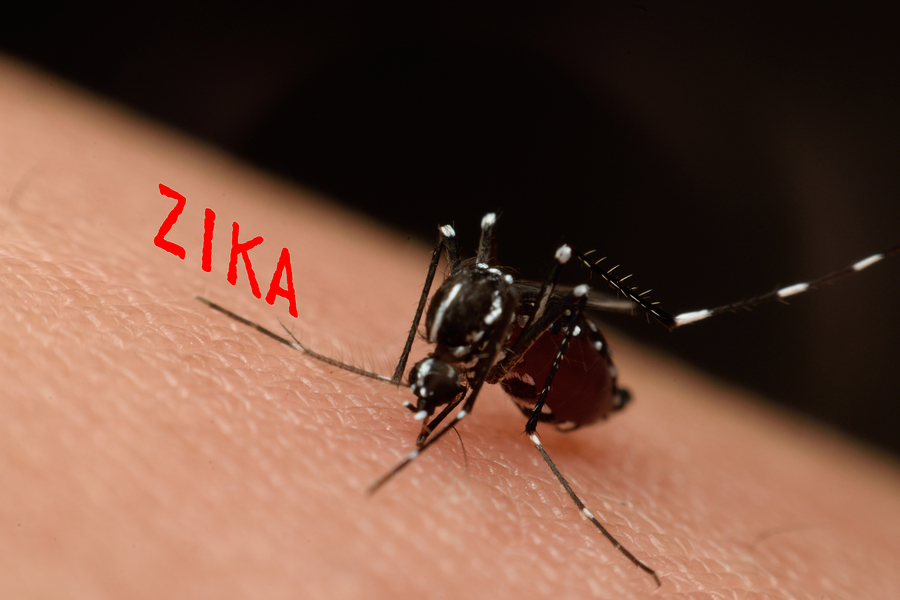The Food and Drug Administration (FDA) is calling for Zika testing of all donor blood products nationwide, to help stop the spread of the virus. Florida and Puerto Rico, and other areas with a high concentration of Zika cases are already testing their blood banks for the Zika virus. “There is still uncertainty regarding the nature and extent of Zika virus transmission,” said Dr. Peter Marks, director of the FDA Center for Biologics Evaluation and Research. “At this time, the recommendation for testing the entire blood supply will help ensure that safe blood is available for all individuals who might need transfusion.” The FDA (fda.gov) announcement covers all areas in the United States and U.S. territories.
The FDA will initially expand testing in 11 more states in September, including the states of Alabama, Arizona, California, Georgia, South Carolina, Louisiana, Mississippi, Texas, New York, New Mexico, and Hawaii. The FDA plans to conduct testing in all states by the end of November. “Given the very serious outcome of small-headed babies,” said Dr. Marks, “in order to prevent that from happening, we feel this step makes sense.”
The transmission of the Zika virus is usually caused by bites from certain mosquitoes, but blood is another way this transmission can occur. Symptoms from the Zika virus are usually mild, but fear of major birth defects in newborns, called microcephaly prompted the FDA to take these new precautions. Microcephaly causes cognitive and other defects in children, whose brains and skulls do not develop fully. The Zika virus initially spread in Brazil, but has quickly progressed to North America.
The FDA sets the standards for the blood supply donations, and screens for other diseases, including hepatitis and HIV. Blood banks rarely challenge the recommendations of the FDA, and in general comply with such recommendations. “No one wants to take the risk of noncompliance,” according to Dr. Marks.
Dr. Anthony Fauci, Director of the National Institute of Allergy and Infectious Diseases, and instrumental in the fight against the spread of the Zika virus, called the decision wise. He said 80 percent of Zika transmissions do not cause any symptoms, and can easily result in someone innocently donating tainted blood to the blood banks. Statistics from the Center for Disease Control (CDC) show the risk is rising as there are currently 2,487 travel related cases in the United States. There are only 29 known mosquito-borne infections, all in the state of Florida. There is one known transmission of the Zika virus through donated blood, and 22 sexually transmitted cases.
Source: FDA New Release, August 26, 2016, “FDA Advises Testing for Zika Virus in all Donated Blood and Blood Components in the US”
Source: Wall Street Journal, “Zika Tests for Donor Blood Widened,” by Thomas Burton, August 27, 2016
Medtrust Transport provides emergent and non-emergent ambulance services. We support patients and their families in Charleston, Myrtle Beach, and Georgetown, South Carolina with expertly trained EMT personnel and a fleet of fully-equipped ambulances. Our goal is to provide compassionate and timely patient care.

